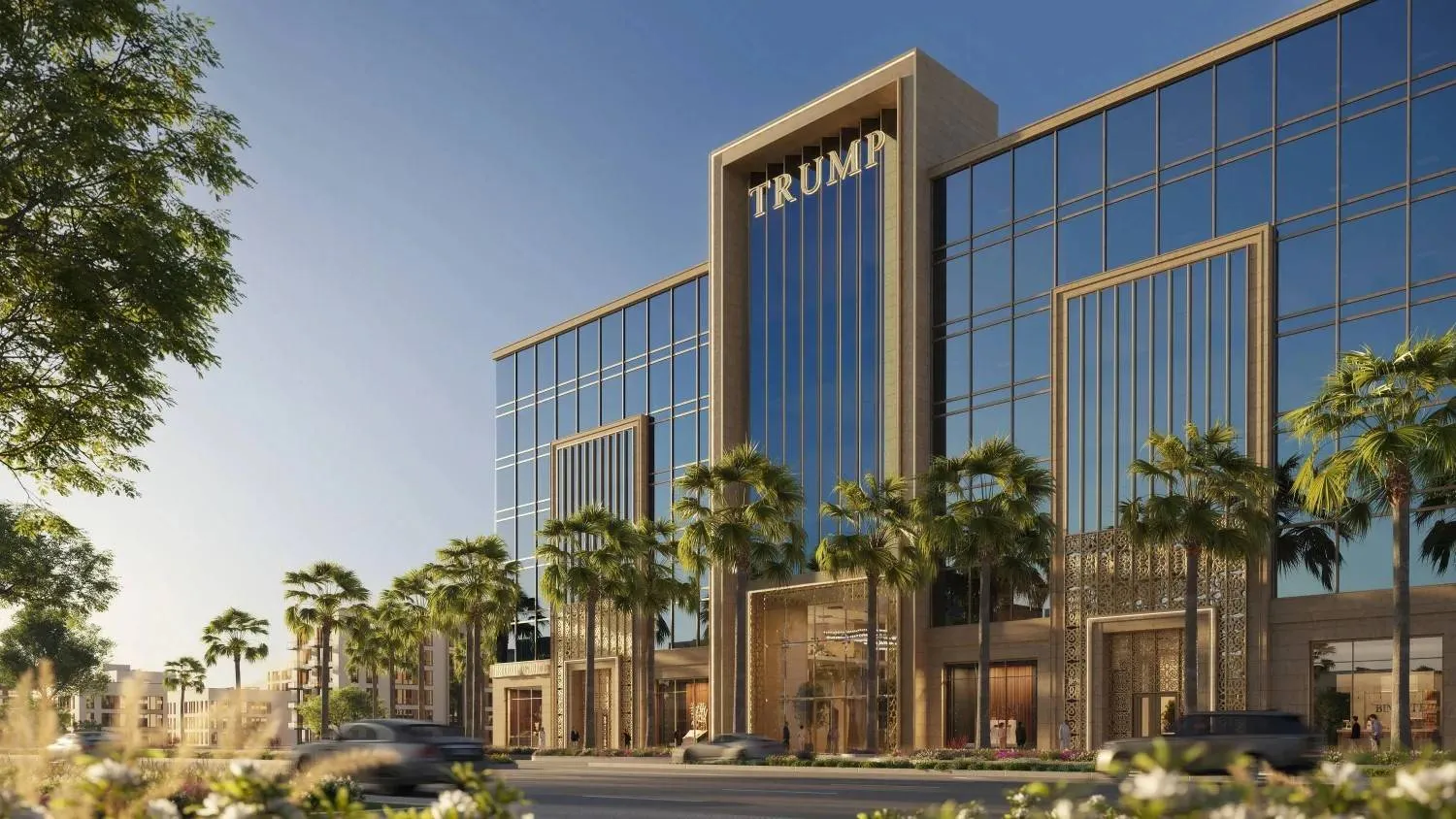The Arab Monetary Fund (AMF) launched ‘Buna’, a regional payment platform that enables regional financial institutions to send and receive cross-border payments across the Arab region and beyond in Arab currencies, as well as key international currencies, in an efficient, cost-effective, risk-controlled, and transparent environment.
AMF issued a statement announcing the launch of the platform which it described as a multi-currency payment platform that provides clearing and settlement services, in Arab and international currencies that meet the eligibility criteria related to the clearing and settlement of inter-Arab financial transactions.
The platform comes as a culmination of months of planning and collaboration with global and regional stakeholders and provides members with modern payment platform compliant with international standards, according to AMF.
The Fund indicated that bringing Buna to reality constitutes a major, tangible and irreversible step towards the empowerment and integration of Arab economies.
The launch of Buna signals the start of the gradual on-boarding operations of financial institutions, including commercial and central banks, that have opted to be pioneers of this first-of-its-kind regional financial market infrastructure.
The Funds aims to process the first payment transaction in a few weeks.
Director General and Chairman of the Board of Executive Directors of AMF, Abdulrahman al-Hamidy, said that the strategic launching of the new system encourages and develops Arab financial activities, commercial trade, and cross-border investments.
This system aims to promote trade relations and develop investment activities between the Arab countries. It also provides an environment that facilitates the development of financial and banking services and products in the region, according to the Chairman.
Hamidy praised governors of Arab central banks and monetary institutions, the Board of Governors of the Fund and its Board of Directors for their efforts in supporting the platform’s inauguration.
He especially thanked the United Arab Emirates authorities for providing significant reinforcement for the launch of the platform.









